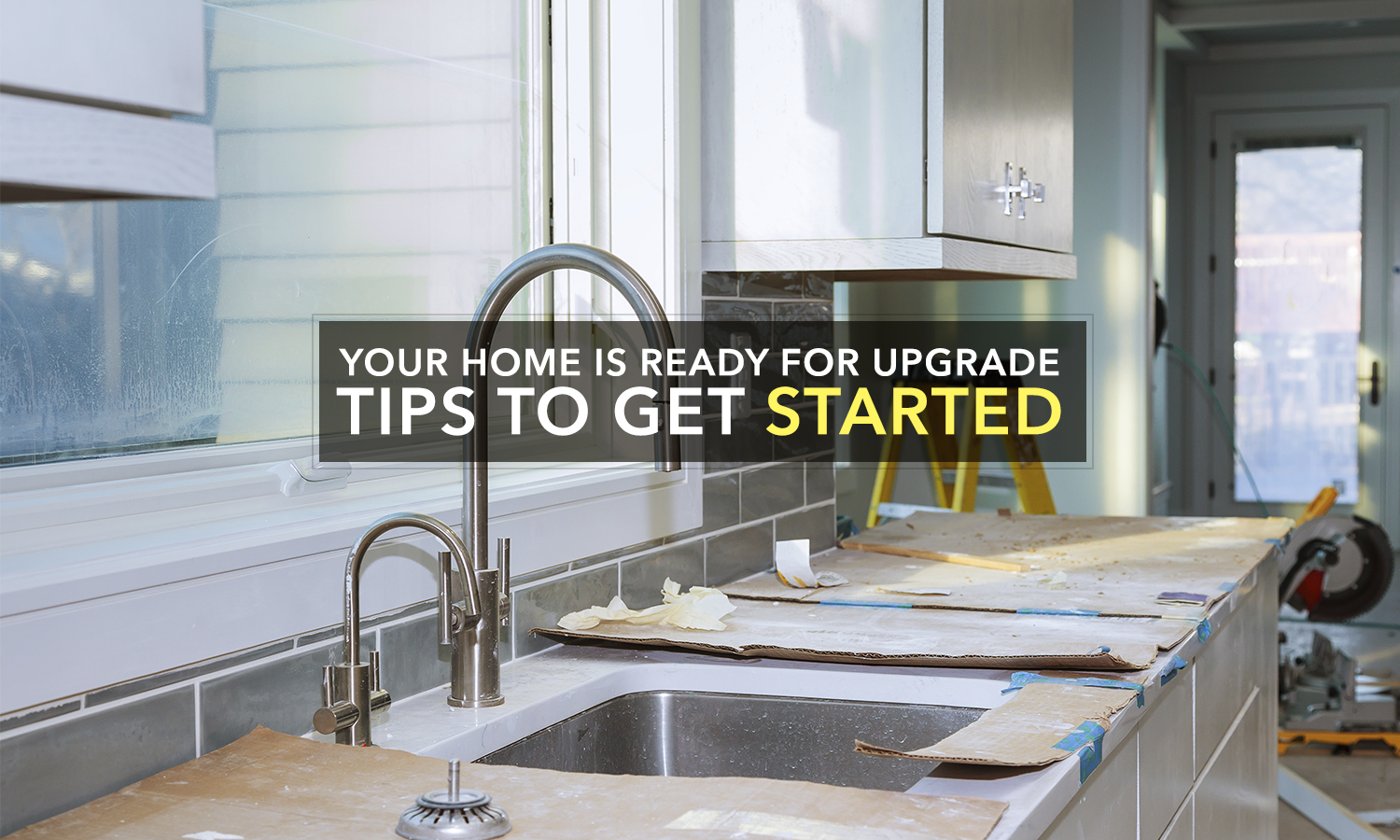We’ve all been at home quite a bit over the past year and a half – and you’ve probably got a list of upgrades you’d like to make. But which one makes the most sense and even possibly adds value to your home?
Depending on your skill level, you may be able to make improvements to your home at a fraction of the cost it would take to hire a professional. Before you move forward, though, here are some things to consider:
Spending more may not increase your home’s value.
Let’s say you want to expand your living room to make it into a fun game room for your family. While it may add value to your home, you’ll need to consider the costs for this project.
- Will you have to add a new concrete foundation?
- Will you need to modify or add on to your existing roofline?
These significant changes may require permits from your local housing authority – adding to the cost. An addition like this may add value to your home, but it may be minimal compared to the cost of the DIY project itself. Just be sure you’ve reviewed all the costs involved in this type of undertaking before you venture into anything on your own.
Doing simple DIY projects can add immediate value to your home’s value.
Opening up your home without adding square footage can significantly increase your home’s value. Here are a few examples:
- Remove a non-load-bearing wall to open up your family or dining room
- Enlarge your front door
- Add French doors to your rear patio
If you’re not ready to tackle a major project but still want to make changes, here are some examples of cosmetic DIY projects that may add value to your home:
- Repair and paint interior walls
- Add ceiling fans in place of standard lighting fixtures
- Update standard fixtures, such as faucets, lights, switches, and cabinet handles
- Clean or power wash exterior walls and surfaces
- Add or upgrade landscaping
Making your home more energy efficient is a great option to consider.
Replacing inefficient appliances, heating and air conditioning systems, or old windows for more energy-efficient ones can help you save money now and in the future. Plus, you’ll make your home more attractive to buyers when you’re ready to sell.
Getting the funding you need for DIY projects is easier than you think.
Depending on what you decide to do, you may need help funding your DIY projects. The type of loan to consider will depend on the project estimate:
- Projects under $10,000: best financed by low-interest credit cards or personal loans.
- Projects between $10,000 and $25,000: generally a good fit for a personal loan when the amount is closer to $10,000, and a home equity line of credit when the amount needed is closer to $25,000.
- Projects over $25,000: best financed with a home equity loan, home equity line of credit, or a cash-out refinance mortgage.
Online tools, such as home improvement loan calculators, can help determine what payment scenario best fits your budget.
To learn more about how we can help fund your DIY projects, call us at 405-242 -2857, stop by our branch, or visit our website.


